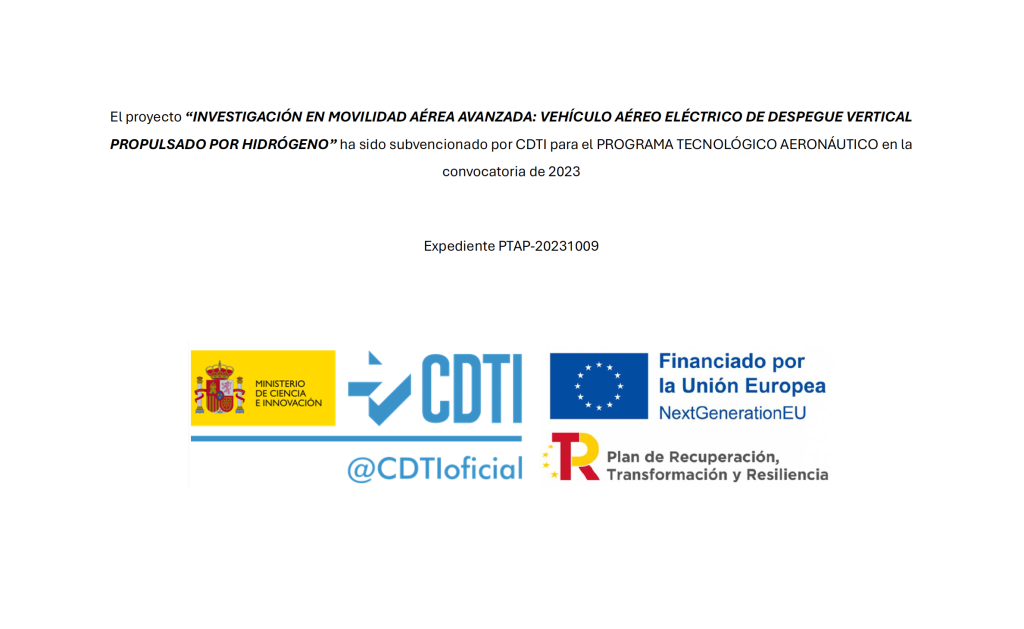A global race has begun to launch an air taxi that flies with batteries. Three factors have come together to make them a reality soon: relentless pressure on urban mobility, the availability of drones, and improvements in electric car batteries. The combination of the three gives us a new global scenario of intense innovation: Urban e-Mobility, where the ‘e’ stands for electric. Cars and electric air taxis may soon be added to land transportation.
In English, eVTOL stands for electric Vertical Take Off and Landing Vehicle. For air taxis to be a viable alternative to urban transportation Ubers, they must take off and land in confined spaces, not on runways. The emerging class of flying cars are primarily eVTOL: electric vertical takeoff and landing.
Most of the electric version of VTOL operates on lithium-ion batteries, the same ones that power cars, buses, and electric bicycles on the ground. eVTOLs have a unique flight mode: when they take off, they do so in a mode similar to helicopters, then switch to airplane mode for flight, and finally return to helicopter mode for vertical descent. In this aspect, they operate like drones. Large omnidirectional fans allow the craft to lift off and move in any direction.
These fans and propellers utilize what is known as distributed electric propulsion, meaning thrust is divided among multiple elements, usually each with its own motor. This helps keep the system very light. By eliminating the heavy rotor blades of a helicopter-style rotor, eVTOL also removes transmissions, gearboxes, shafts, and hydraulic systems. This makes the eVTOL a very small and light craft. This allows it to operate in very small spaces, such as parking lots.
For PTA 2023, we presented the IFOH2eVTOL proposal entitled Research in Advanced Air Mobility: Hydrogen-Powered Vertical Takeoff Electric Air Vehicle. It is a clear and determined commitment to long-term fundamental research, involving on one hand technology-based companies that invest intensely in research and development activities, such as Sinergia Racing Group SRG, Trim Composites, Simidea R&D, and Pythmen R&D, and on the other hand, 7 research groups, belonging to 6 universities or research centers, which have been selected for being the brightest in their respective lines of fundamental research, contributing their expertise, and collaborating in fundamental research activities to integrate the most advanced technologies into an eVOLT.







